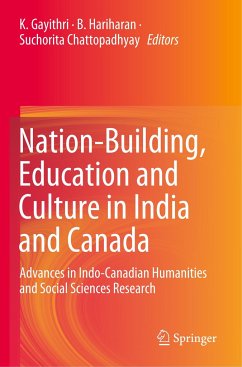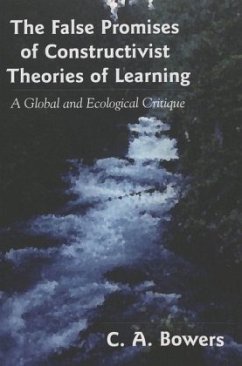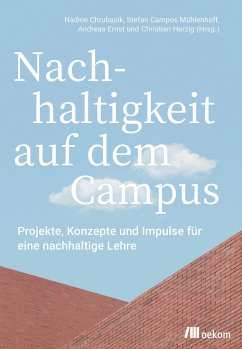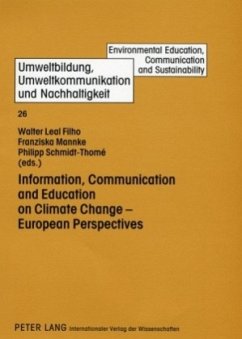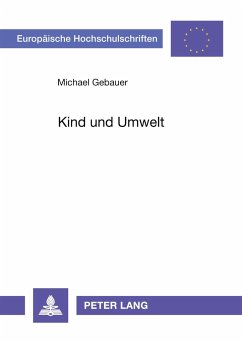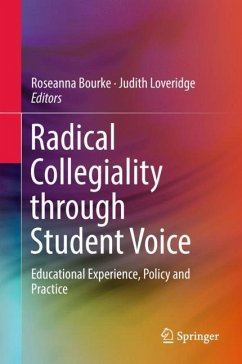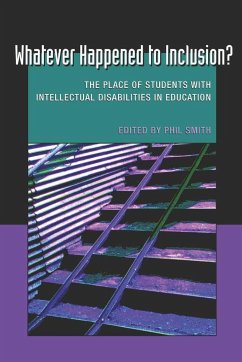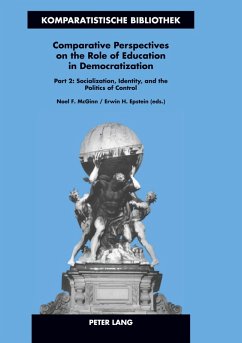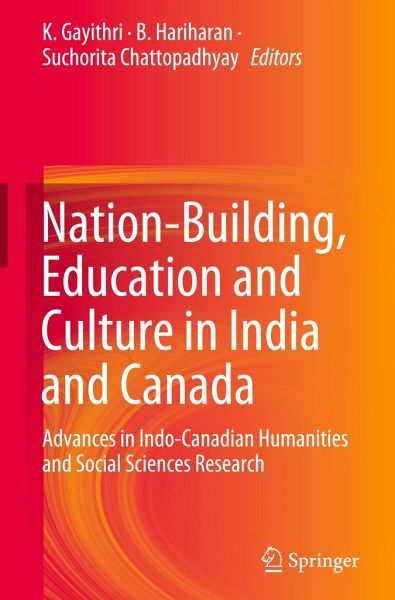
Nation-Building, Education and Culture in India and Canada
Advances in Indo-Canadian Humanities and Social Sciences Research
Herausgegeben: Gayithri, K.; Hariharan, B.; Chattopadhyay, Suchorita

PAYBACK Punkte
38 °P sammeln!
This volume provides comparative perspectives on issues related to education, culture, sustainable development and nation-building in India and Canada. It takes cognizance of current research in Indo-Canadian comparative studies and is meant to facilitate further research in these areas. It importantly highlights the trends and growth areas in comparative social science and humanities research between the countries. The chapters in this volume discuss the research that scholars have recently undertaken in both countries and the impact that such comparative research has on developing partnershi...
This volume provides comparative perspectives on issues related to education, culture, sustainable development and nation-building in India and Canada. It takes cognizance of current research in Indo-Canadian comparative studies and is meant to facilitate further research in these areas. It importantly highlights the trends and growth areas in comparative social science and humanities research between the countries. The chapters in this volume discuss the research that scholars have recently undertaken in both countries and the impact that such comparative research has on developing partnerships, learning methodologies, and socio-cultural narratives that empower interdisciplinary research.
The chapter authors take up important issues related to community college development, mental health in education, multilingual education, indigenous populations and their education and development. They discuss issues related to bilateral and foreign trade agreements as well as policies ofthe two countries on climate change research. Lastly, they discuss indigenous performance cultures and sports in the two countries and the long history of migration from India to Canada.
The volume is of interest to a wide readership from the humanities and social sciences, particularly readers interested in Indo-Canadian scholarship.
The chapter authors take up important issues related to community college development, mental health in education, multilingual education, indigenous populations and their education and development. They discuss issues related to bilateral and foreign trade agreements as well as policies ofthe two countries on climate change research. Lastly, they discuss indigenous performance cultures and sports in the two countries and the long history of migration from India to Canada.
The volume is of interest to a wide readership from the humanities and social sciences, particularly readers interested in Indo-Canadian scholarship.



